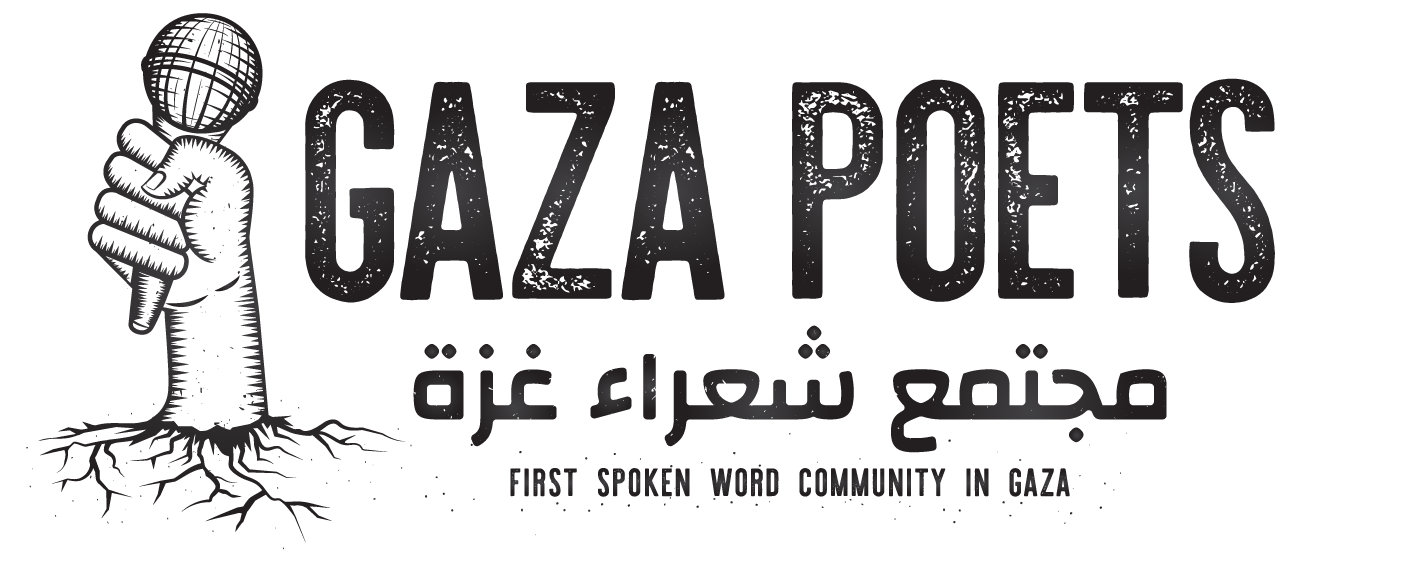“I Miss My Old Life,” Taqwa al-Wawi
I miss Gaza, before the war, when winter nights were warmed by my grandfather's voice weaving through the cold, his stories wrapping around us like the steam rising from tea. I miss his home, where peace wasn't spoken but simply lived, resting in every corner like sunlight streaming through lace curtains. I miss the garden trees, and the way his hands—aged and wise—drew water each morning, offering it to them as if in sacred ritual. I miss my uncle's house, where my aunt's laughter lingered in the kitchen, even after she had left. I miss my uncle, my cousins—more than just names, they remain echoes of warmth knocking softly at memory's door.
I miss the times I sat beside my uncle, his voice steady and rhythmic, like an echo from another time. He spoke as if every word held weight, every pause filled with unspoken meaning. Those were golden hours we thought were just ordinary—only now do we realize how they truly glowed. I miss those talks, the gentle voices blending over tea, and the laughter that came so easily, needing no reason at all.
I miss my loved ones, the ones who used to light up the hallway just by being there, filling the air with their footsteps, stories, and the comforting smells of food that spoke of love. I miss the faces that turned rooms into entire worlds, the ones who brought life to the walls around us. I miss my friends, the late-night talks that stretched endlessly into the dark, where our dreams flew higher than unfinished kites. We spoke of futures as if we held the stars in our hands, shaping hope with every word. We passed books, shared our deepest thoughts, and asked seemingly trivial questions, each conversation weaving us closer together, a fragile thread that time couldn’t break.
I miss my school, where the bell's ring signaled endless possibilities, and chalk dust floated in the air, carrying silent dreams. I miss the Islamic University, where the buildings were more than structures—they were the foundation of my future, where my aspirations first came alive. I miss the teachers who encouraged me to speak English, and the professor who smiled and said, "Mistake is halal," making failure feel like a natural part of learning. I miss the streets we walked, our shadows stretching forward with ambitious dreams, and the mosques where our quiet prayers soared like free, fearless birds full of faith.
I yearn for the simple life, for the fleeting moments we never paused to cherish because we were too busy living them. For the safety that embraced Gaza like a mother’s shawl, for mornings that started with bread instead of breaking news. I miss the peace that came with the call to prayer and lingered through the second cup of tea.
I long for Fridays with the big chicken dish, its aroma wafting down the stairs long before it reached the table. For the way family gathered—shoulder to shoulder, story to story—laughter rising like steam from the rice. Home felt less like a place and more like a breath you never wanted to release.
I miss those days, before we carried the weight of names we no longer call. When “loss” was just a word in a story, not the story itself. But most of all, I miss the girl I was—the one who smiled without fear, whose laughter didn’t falter when windows rattled. She dreamed with arms wide open, wore hope like a favorite color, a flame that never flickered.
She was whole, before sorrow etched cracks into her joy, before grief became her shadow, before the world grew heavy with loss. Back then, each day was a boundless sky, endless and free. She believed in tomorrow, walking step by step without fear, unaware that war would come, drawing red lines through her dreams, scattering them like forgotten diary pages beneath the rubble.
That girl, the one before the storm, before her world crumbled to ash—she is the one I long to be again.
Taqwa Ahmed al-Wawi is an aspiring writer, poet, and English literature student at the Islamic University of Gaza. Through her words, she strives to amplify Gaza’s voice and shed light on stories often left untold. Her writing has been featured by We Are Not Numbers (WANN), The Electronic Intifada, Mondoweiss, Washington Report on Middle East Affairs, The Palestine Chronicle, The Markaz Review, Middle East Monitor, Al Jazeera, and Middle East Eye.
Artwork by Sohail Salem.
